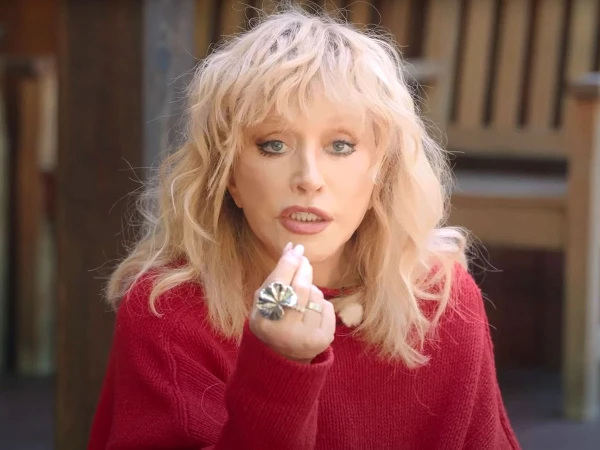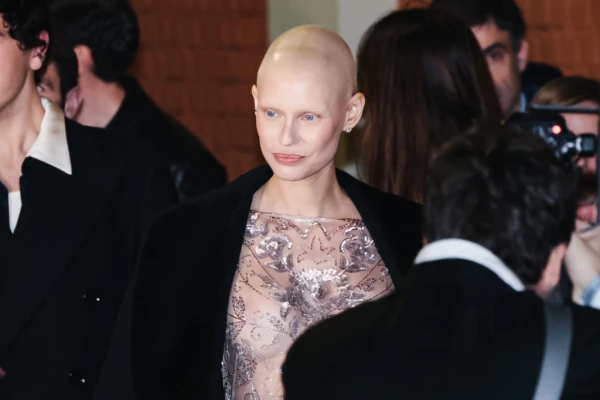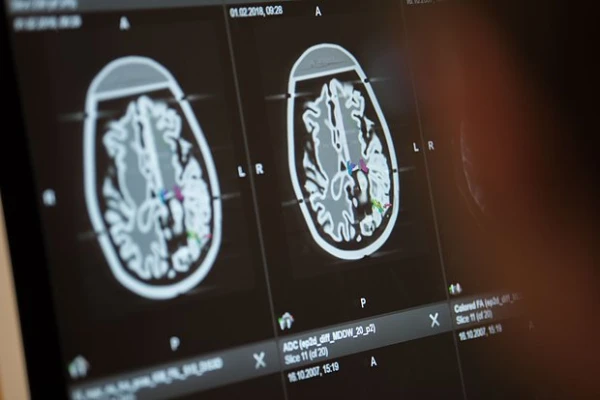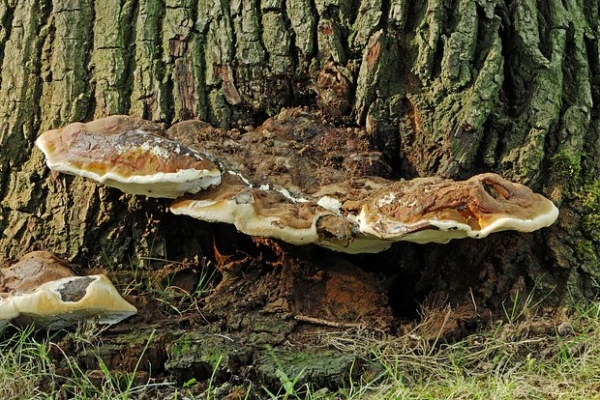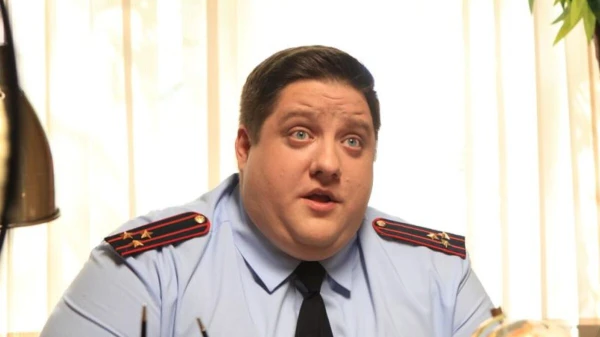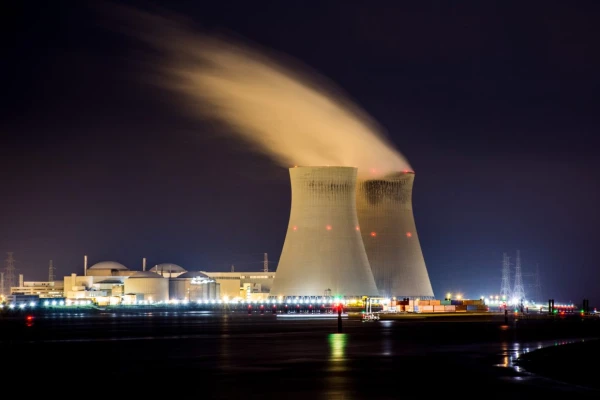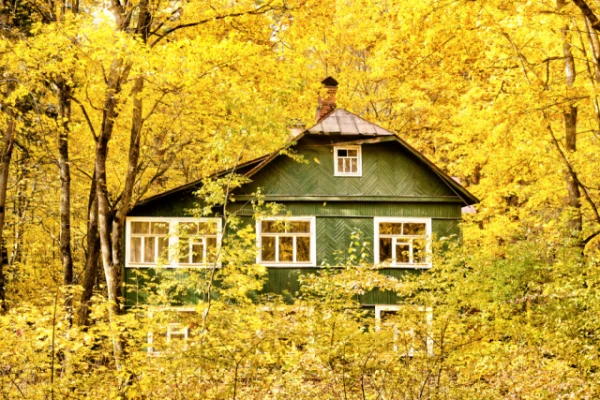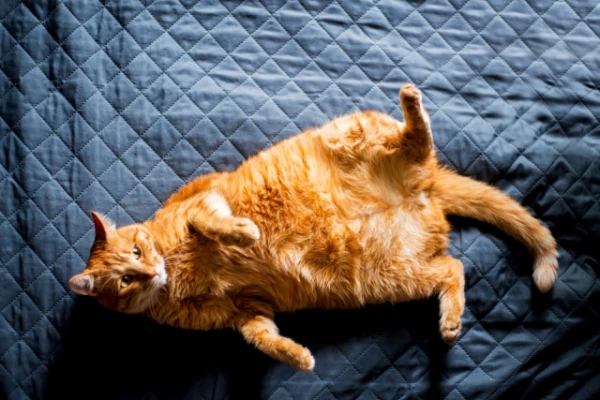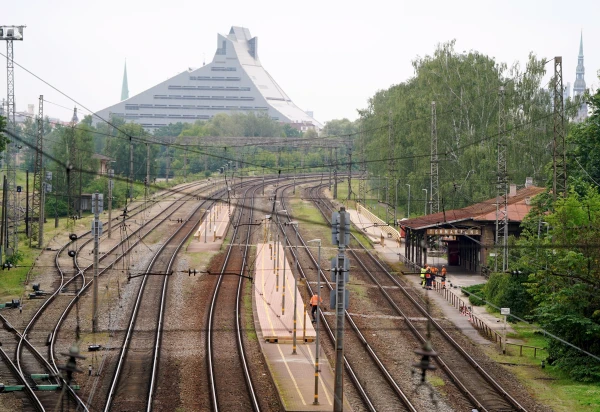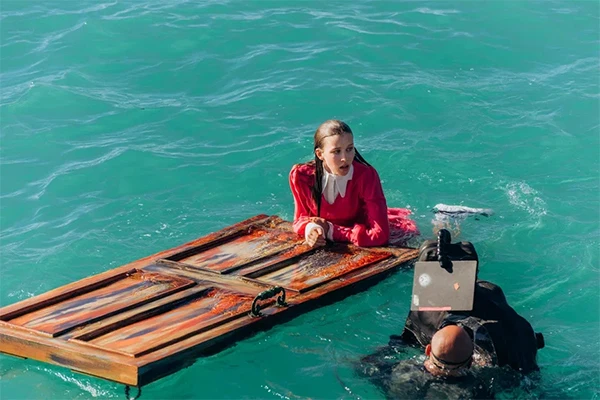
The characters encountered on the heroine's path in the 'looking glass' seem one-dimensional and monochromatic.
The fairy tale 'Alice in Wonderland' was written in 1865 by the English mathematician, poet, and prose writer Charles Lutwidge Dodgson and published under the pseudonym Lewis Carroll. The first reviewers believed that the 'overloaded with oddities' adventures of Alice could only irritate children and parents. But readers accepted the book. Within less than ten years, 'Alice' was recognized as a classic of English children's literature.
The book has been translated into 175 languages worldwide. There are countless adaptations of the fairy tale — including short films and animations, there are more than a hundred. However, the creators of the new film, which is being released these days, clarify that they were guided not only by Carroll's book but also by the audio performance from 1976 directed by theater director Oleg Gerasimov, who invited Vladimir Vysotsky to write the lyrics and melodies.
Busy with concerts, theater work, tours, and filming, the 'bard of all Rus' devoted almost three years to the production, carving out days and hours for it. Firstly, he liked the unusual literary material, which allowed him to touch upon the problems that had accumulated 'in Wonderland' (as the USSR was called in kitchen conversations at the time). Secondly, he, an unrecognized Author (Vysotsky's poems were not published, and his songs were not aired), wanted to see his name on the cover of a record, hold it, and give it to his children.
The result of that work (the bard wrote 30 songs for the performance!) was outstanding. The role of the main character was beautifully performed by Klara Rumyanova, and artists from the Moscow Art Theatre participated in the recording, with Vysotsky himself delving into all the details and also performing several songs. In the end, vigilant members of the artistic council accused the creators of the performance of 'corrupting children with the monstrous songs of Vysotsky,' but the record was still released. I remember my growing sons listened to the vinyl record released by the 'Melody' company dozens and hundreds of times — and I did too. The record enjoyed immense popularity for decades, with additional pressings released almost every year:
With such rich material, the creators of the new film had to work — director Yuri Khmelnitsky ('Ice 3'), screenwriter Karina Chuvikova ('Between Us Chemistry'), a good dozen popular actors, and as many as 15 (!) general, leading, and simple producers. And this powerful team, in my opinion, managed to overlook the merits of both the literary original itself, discarding some important characters and plot lines, completely removing the philosophical underpinning of the book, as well as the brilliant discoveries of the audio performance with its soulful, 'lamp-like' atmosphere, subtle humor, play of subtext and paradoxes, and biting contemporary allusions. For example, such as: 'The gloom has long thickened over us,' 'There is much unclear in the strange land,' 'No, no, the people have an easy role: to fall on their knees — what’s the problem?'
It seems to me that the film's authors were not guided by Carroll's book or Vysotsky's record, but rather by the free Hollywood adaptation of 'Alice' from 2010 directed by the cinematic wizard Tim Burton, only in this case, the soup turned out to be thinner. In Khmelnitsky's film, the main character instead of a seven-year-old English girl from the last century became a 15-year-old Moscow schoolgirl who failed her state exam. Why a neat and quiet girl with a smart face (Anna Peresild), devoid of hooligan tendencies, growing up in a wealthy, intellectual family, chronically struggles with her lessons, will remain a mystery. Perhaps the girl’s head is clouded by interest in her classmate Dodelev (Oleg Savostyuk), but the fictional lyrical line in the screen 'Alice' is drawn so blandly that the thought of romantic alchemy is dismissed as unnecessary.
Once having failed the exam, Alice falls: no, not into a rabbit hole, as in Lewis Carroll's tale, but into the trough of a game attraction (good thing it wasn’t into a gas or oil pipe, although that would have been cool and relevant) and finds herself in Wonderland. Here, time does not exist, the sun is always at its zenith, and among the inhabitants of this unusual universe, the girl meets her relatives and friends. Her mother, who has become the Queen in the looking glass (Irina Gorbacheva), her father, transformed into the Mad Hatter (Milos Bikovich), her sworn friend Vika (Polina Gukhman), who has turned into a nasty Mouse, the school principal (Paulina Andreeva), who tries on the outfits of the cunning Duchess, and many other characters who for some reason do not recognize Alice at all.
According to the plot, the girl must transform into a giantess, then into a tiny girl, drown in a sea of tears she has shed, run away from an avalanche, solve problems in Wonderland, and eventually return home supposedly having matured and gained wisdom. But the characters encountered on the heroine's path in the 'looking glass' turn out to be so one-dimensional and monochromatic, and all the apparent obstacles the girl overcomes with such obvious ease that it is hard to believe in her hasty final maturation. After all, Alice has not gone through any life universities in her dream journey and has not learned the wisdom of life.
The film is dynamic, sometimes colorful (filming took place in Moscow, Sochi, and Abkhazia), but does not evoke any emotions, leaving behind a feeling of gaping emptiness. The situation is not saved by Vysotsky's songs, carefully filtered and discarded, re-sung and recorded in new and, unfortunately, faceless musical arrangements, which deprived the melodies of the inner filling, the soul of the genius author embedded in them. The songs became just a cheerful musical background for a non-essential, easily digestible film that you forget before you even reach the nearest metro station.
